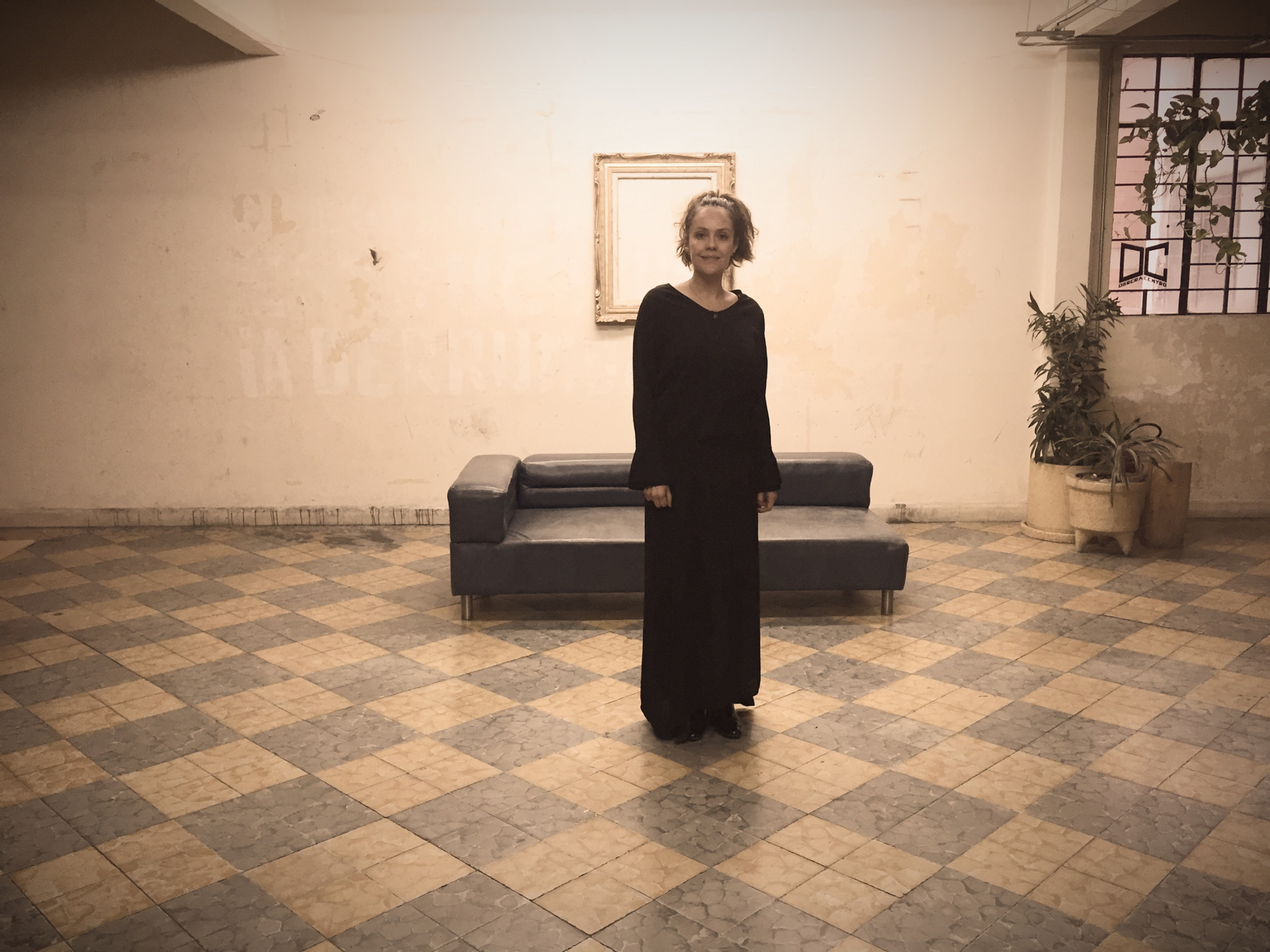El Rosario puts tickets on sale for two shows of the theatre festival ‘Muestra Escénica Iberoamericana’

The municipality hosts and premières in Europe two shows of theatre companies from Chile and Colombia
In September, two cultural venues of El Rosario will host two shows that will be premièred in Europe thanks to the theatre festival 'Muestra Escénica Iberoamericana' (MEI). The Festival is an initiative organized by the Tenerife Island Council through the Auditorio de Tenerife, a cultural space linked to the Department of Culture that is managed by the island Minister of Culture, Enrique Arriaga. The City Council of El Rosario has already put tickets on sale for both shows: Carta de una desconocida (Letter from a stranger), by the Colombian company Señor M (4 Paredes) and 'Nadie lee fuego mientras todo se está quemando' (Nobody reads fire while everything is burning), by the Chilean company Niño Proletario.
On 16 September the show 'Carta de una desconocida' (Letter from a stranger) will be premièred at the venue 'Casa de la Cultura', in La Esperanza. It is based on an unrequited love story: a man receives a letter from a woman. She tells him how she has loved him since she was a child. She used to watch him through her window and continued to love him throughout her life. It is the story of silent love that she has so far not dared to reveal. Despite the signs, he has failed to discover it. It is a story of loneliness, pain, and hope with small happy moments.
The play talks about women's privacy, time, hope, and love... It deals with how we construct and idealize ‘the other’ and relationships; it talks about those deep and silent loves that become idyllic and perfect. They live only in the lover's mind and are not deteriorated by use and habit. It deals with sublime loves that last a lifetime. But the story also talks about silence, and how we let ourselves be carried away by a desire for the here and now.
The play ‘Nadie lee fuego mientras todo se está quemando' (Nobody reads fire while everything is burning), will be staged on 24 September at the venue ‘Casa de la Juventud’ in El Chorrillo. A mother and her son are homeless and live on the streets of a society they do not wish to belong to. They decide to confront the situation by performing a poetic act as the last gesture to shed light on a country that lives in darkness.
This play revisits the 2005 production 'Hambre' (Hunger), the company's first creation. It is also inspired by the novel 'Los vigilantes', by Diamela Eltit, a winner of the Chilean National Prize for Literature in 2018. Likewise, it is inspired by the poetry book 'Bonzo', by Maximiliano Andrade, a young Chilean poet, and outstanding illustrator, who also illustrated his book.
Both performances start at 8:00 p.m. Free tickets are available to the public until full capacity is reached. Those interested in attending the show shall reserve their seats by sending an email to This email address is being protected from spambots. You need JavaScript enabled to view it. or by dialling the number 922010160 (ext. 1024 for Casa de la Cultura La Esperanza and ext. 3004/3005/1024 for Casa de la Juventud de El Chorrillo). The City Council of El Rosario has established the conditions to get these invitations and the health protocol established for the venues. To check the calendar and information, download it at www.meitenerife.com
The 3rd edition of the MEI Festival runs from 2 September to 6 October in 12 municipalities. It brings 40 performances of 14 shows by 12 different companies. Of the twelve companies participating in this edition, three are from Chile (Niño Proletario, Silencio Blanco and Colectivo Cuerpo Sur), two from Uruguay (El Galpón and Marea Productora) and one each from Colombia (4 Paredes), Argentina (Diego Casado), Nicaragua (Teatro Justo Rufino Garay), and Portugal (Hotel Europa Teatro); three are from the Canary Islands (Delirium, Ángulo Producciones and Unahoramenos).
The festival venues will be the Paraninfo de la Universidad de La Laguna and those of the municipalities of Adeje, Arona, Candelaria, Guía de Isora, Los Realejos, Puerto de la Cruz, Tacoronte, Vilaflor and El Sauzal.


